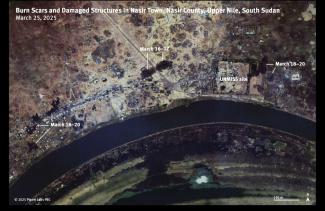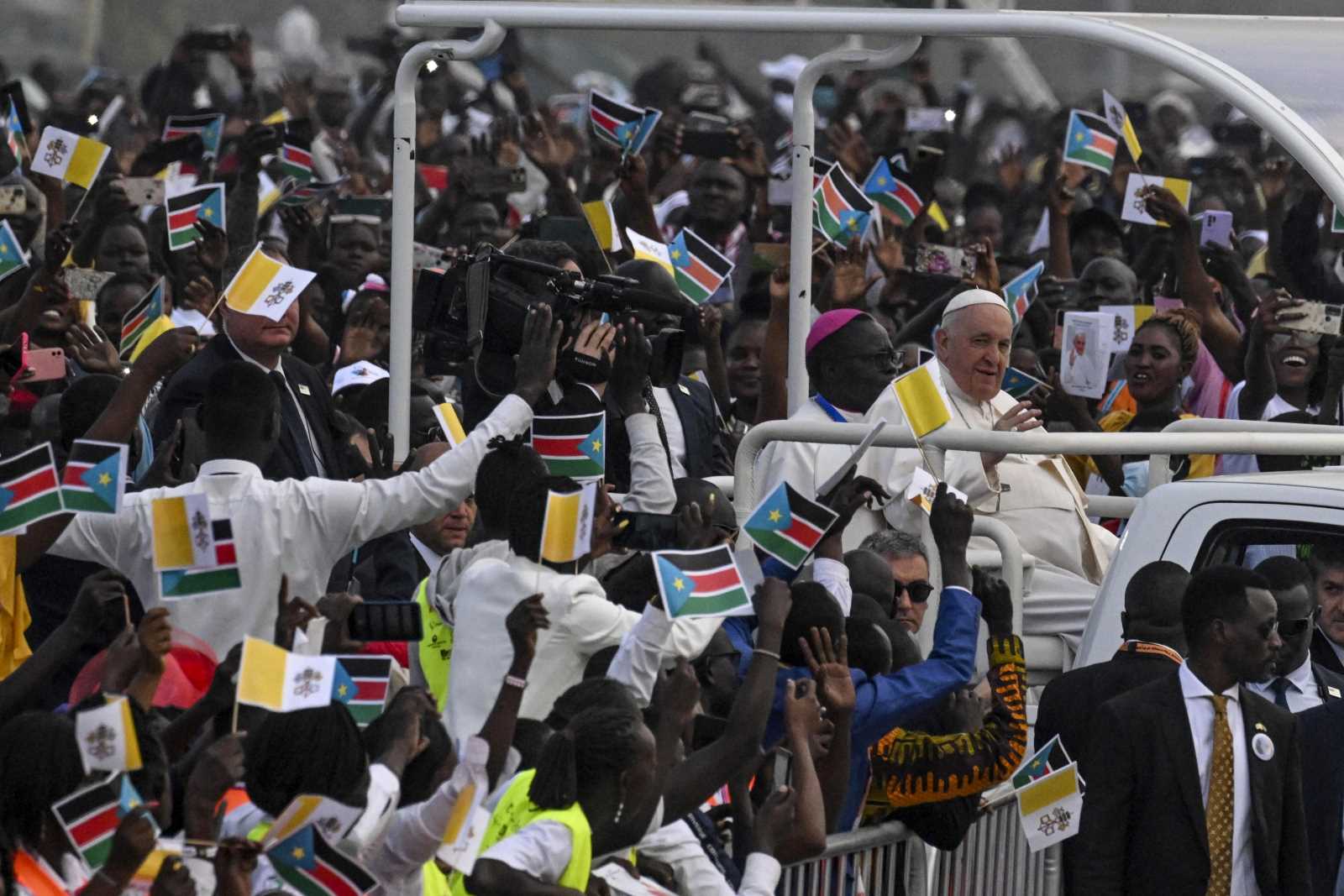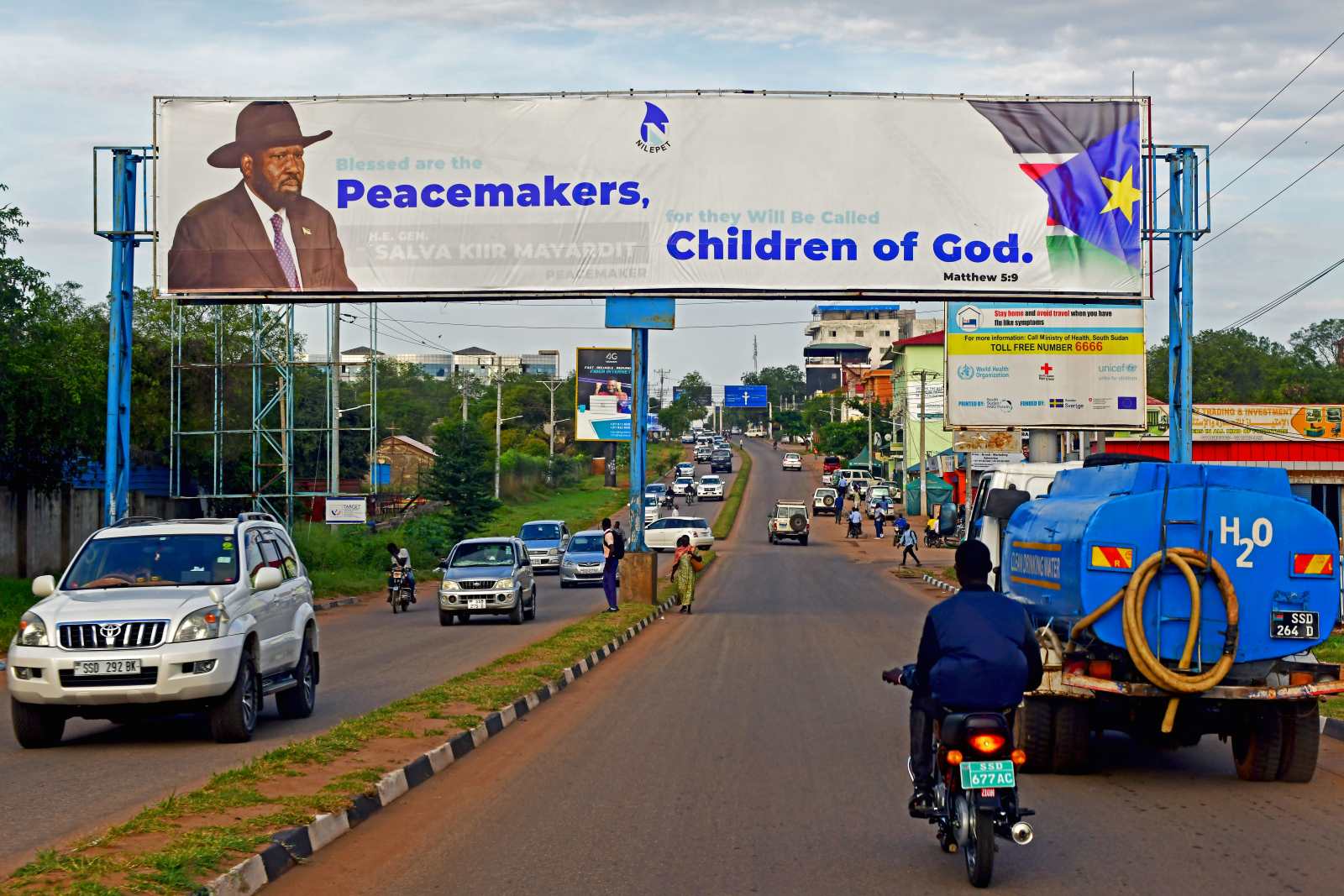South Sudan
Renewed conflict is jeopardising South Sudan’s peace process

In early March, members of the White Army overran a military base of the South Sudanese army in the town of Nasir, in Upper Nile State. According to the government, they killed more than 400 people. The White Army is a tribal militia of the Nuer, the second largest ethnic group in South Sudan.
The attack marked an escalation of the simmering conflict between President Salva Kiir’s Sudan People’s Liberation Movement (SPLM) and the Sudan People’s Liberation Movement In Opposition (SPLM-IO), led by Riek Machar. The White Army is associated with the latter, a Nuer. Kiir belongs to the largest ethnic group in the country, the Dinka, and the two communities have been in conflict since the country was founded. After a bloody civil war that ended with a peace agreement in 2018, the rival parties formed a coalition government, with Kiir as president and Machar as his deputy. However, the peace process has been repeatedly overshadowed by political turmoil.
In South Sudan’s capital, Juba, tensions have been growing since the attack. At the end of March, President Kiir had several leading SPLM-IO politicians arrested, including Machar. The SPLM-IO subsequently declared the peace agreement a failure. The deputy president and his family have been under house arrest ever since.
Since then, armed clashes have occurred in various places between SPLM-IO forces and the South Sudanese army, for example in the Central Equatoria region, where Juba is located. In the Upper Nile State, the White Army and government troops are currently maintaining their combat positions. The government is receiving military support from neighbouring Uganda.
CIvilians are suffering
The renewed escalation of the conflict is exacerbating the suffering of the civilian population. Several civilians have been killed or injured in air strikes, for example. According to the United Nations, at least seven civilians were killed in an air strike on a Médecins Sans Frontières hospital in Jonglei State in early May.
The fighting has displaced more than 130,000 people and is hampering the reconstruction that the country still urgently needs after the years-long civil war. Many of those displaced by the civil war had returned to their homes after the peace agreement was signed and are now facing violence again. Some are fleeing to neighbouring Sudan, where armed conflict is also raging, and one of the world’s largest hunger crises has unfolded. According to the UN, South Sudan is home to more than 500,000 refugees and asylum seekers, most of whom come from Sudan.
The economic situation in South Sudan is disastrous. According to the UN World Food Programme, 7.7 million people are suffering from hunger. The export of crude oil via Sudan’s pipeline infrastructure, which is very important for the state coffers, came to a standstill for several months due to the conflict in the neighbouring country. Civil servants had to wait a year for their salaries. The country’s administration remains weak, as does its infrastructure.
Climate change is also taking a heavy toll on the country and, along with the political crisis, is contributing to the destruction of livelihoods. Rising temperatures and changing rainfall patterns have led to floods and droughts, which have been devastating for a population that is highly dependent on agriculture and pastoralism.
Even before the recent fighting, securing peace in South Sudan was an extremely difficult task. After all, the country is home to more than 60 ethnic groups with different languages and cultural practices. The priority now is to revive the peace agreement and prevent South Sudan from sliding back into civil war. Political leaders therefore urgently need to seek dialogue. Without lasting peace, the long-suffering people of South Sudan will not be able to move forward with the social and economic reconstruction of their country.
Parach Mach is a journalist and lives in Juba, South Sudan.
parachmach@gmail.com










